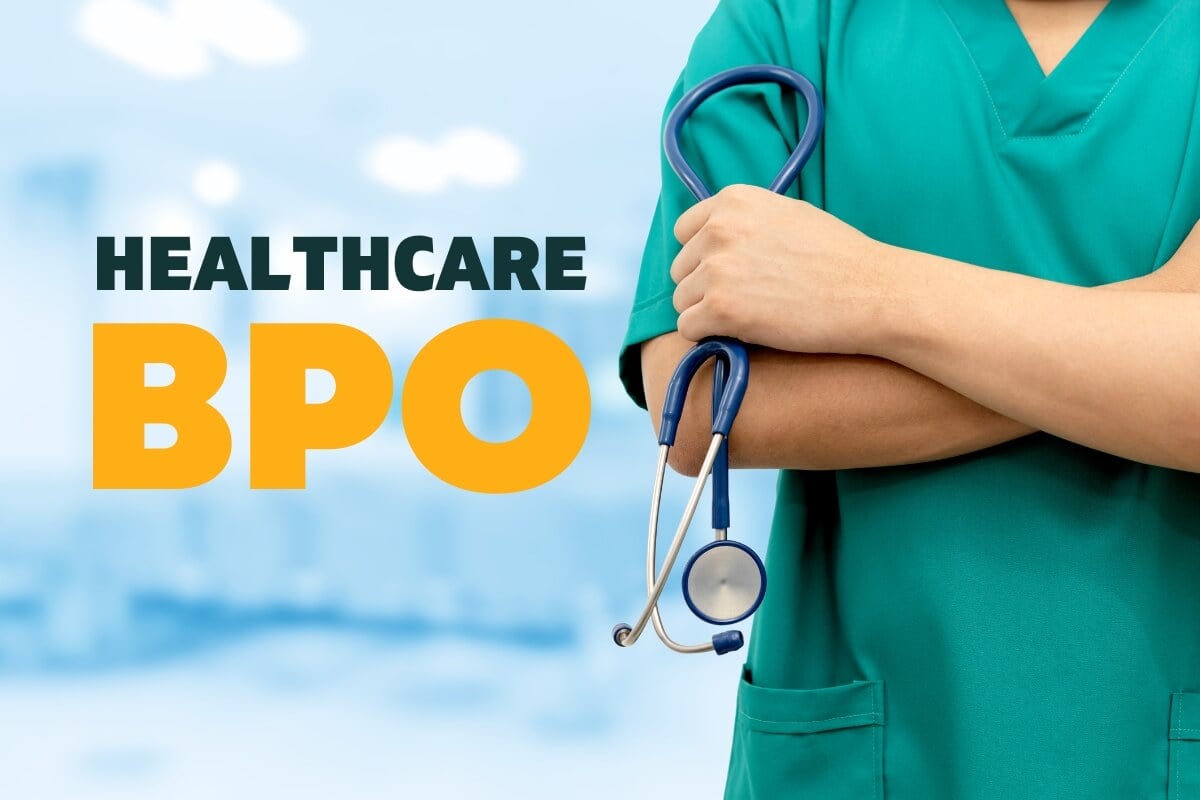How Healthcare RCM Solutions Streamline Payment and Collections
How Healthcare RCM Solutions Streamline Payment and Collections
Blog Article
Recognizing the Duty of Medical Care RCM in Enhancing Financial Efficiency and Individual Complete Satisfaction
Navigating the ins and outs of Health care Income Cycle Administration (RCM) is vital for accomplishing optimal economic efficiency while concurrently raising individual contentment. RCM's ability to enhance billing, ensure accurate coding, and expedite cases refining stands as a cornerstone of contemporary healthcare procedures. Nonetheless, the nuanced interaction in between these components warrants a better exam to totally value their effect on both health care suppliers and patients. As we discover the transformative capacity of RCM, questions concerning its tactical execution and future developments bid, encouraging understandings that can redefine market standards and client experiences alike.

Trick Elements of RCM
In the complex landscape of health care, Revenue Cycle Administration (RCM) is essential in guaranteeing financial security and functional efficiency. An extensive RCM system incorporates several vital elements, each playing an essential role in the seamless management of a doctor's economic processes. Client registration and qualification verification are fundamental actions, guaranteeing that accurate person details is recorded and insurance protection is confirmed before services are provided. This lowers the risk of case rejections and speeds up the repayment procedure.

Fee capture is an additional necessary part, involving the precise recording of services provided to patients. It makes certain that all billable services are accounted for, consequently making the most of profits capacity. Concurrently, clinical coding translates patient experiences into standardized codes, which are vital for payment and regulative compliance.
Claims entry and monitoring adhere to, including the prep work and entry of cases to payers. This process needs careful focus to detail to minimize mistakes and protect against delays. Denial administration is an aggressive approach to deal with and resolve refuted insurance claims, securing earnings streams.
Last but not least, payment posting and client collections complete the cycle, making certain settlements are accurately taped and superior equilibriums are pursued. Together, these components develop a robust structure that sustains the financial and functional health of healthcare organizations.
Influence On Financial Performance
Effective Earnings Cycle Monitoring (RCM) substantially affects a medical care organization's economic performance by enhancing cash money circulation and minimizing revenue leakage. RCM encompasses the comprehensive billing and collection procedures that make sure healthcare providers effectively handle their monetary deals from client registration to last repayment. By streamlining these processes, organizations can decrease rejected cases, speed up settlement cycles, and improve total monetary health.
Financial performance is enhanced via careful monitoring of invoicing treatments, which involves precise coding and prompt submission of claims. This minimizes the likelihood of case rejections and rejections, which can substantially prevent revenue circulation otherwise attended to promptly. In addition, incorporating innovative modern technology solutions assists in real-time tracking of insurance claims and financial metrics, providing medical care administrators with the devices necessary to make educated critical choices.

Enhancing Patient Satisfaction
While optimizing monetary efficiency is a key goal of Revenue Cycle Administration (RCM), it also plays a pivotal role in enhancing patient contentment. People today demand transparency, effectiveness, and accuracy in their medical care interactions. RCM systems simplify these processes, offering people a seamless experience from visit scheduling to settlement. By decreasing administrative concerns, RCM enables doctor to focus much more on client treatment, which straight boosts person fulfillment.

RCM additionally enhances person satisfaction through efficient interaction. By keeping a thorough data source of client details, RCM facilitates enhanced communication between clients and medical care suppliers, guaranteeing patients really feel informed and valued. This openness and accessibility promote a favorable person experience. In general, effective RCM execution not only boosts financial results yet likewise dramatically adds to a patient-centered medical care atmosphere.
Methods for Efficient RCM
Attaining reliable Earnings Cycle Administration (RCM) requires health care companies to implement a set of calculated techniques that make certain economic security and operational effectiveness. One crucial strategy is the adoption of technology-driven services, such as integrated software program platforms that improve billing procedures, reduce mistakes, and improve information precision. These systems allow real-time tracking content of monetary metrics, enabling timely recognition and correction of ineffectiveness.
An additional technique is the standardization of processes throughout the revenue cycle. Healthcare RCM. This includes establishing consistent policies for patient registration, insurance verification, and claims processing. By making certain that all personnel comply with these criteria, companies can decrease inconsistencies and expedite payment collections
Team training and advancement additionally play an essential function in effective RCM. Well-trained employees can efficiently navigate complicated invoicing treatments and guidelines, minimizing rejections and enhancing money circulation. Regular updates on plan modifications and best techniques aid maintain a qualified and well-informed workforce.
Future Trends in RCM
As health care organizations enhance their Revenue Cycle Management (RCM) strategies with technology and standardized procedures, interest is now turning towards the future trends forming this important location. One significant fad is the integration of expert system (AI) and equipment understanding to automate complicated tasks, such as claims refining and predictive analytics. These modern technologies are anticipated to minimize mistakes, accelerate deal times, and supply data-driven insights for better decision-making.
Additionally, the shift towards value-based care proceeds to influence RCM techniques - Healthcare RCM. Doctor are expected to progressively focus on client outcomes and complete satisfaction, necessitating RCM systems that can fit brand-new repayment models. This change will require even more detailed information collection and evaluation to efficiently report and measure on performance metrics
Interoperability is one more arising priority, as smooth information exchange between inconsonant systems comes to be critical. Enhanced interoperability will certainly help with even more precise person details sharing, decreasing administrative worries and improving the patient experience.
Conclusion
Healthcare Profits Cycle Administration (RCM) substantially influences both economic performance and individual satisfaction by maximizing billing processes, guaranteeing specific coding, and allowing timely claims entry. Effective RCM reduces earnings leakage and increases cash money flow, reducing insurance claim denials and speeding up payments.
Browsing the ins and outs of Healthcare Income Cycle Monitoring (RCM) is vital for attaining optimum financial performance while concurrently elevating individual contentment. RCM incorporates the comprehensive invoicing and collection processes that guarantee medical care companies efficiently manage their financial purchases from client registration to final repayment. By decreasing management worries, RCM permits medical care carriers to focus a lot more on individual care, which directly improves client complete satisfaction.
By keeping an extensive database of individual information, RCM facilitates enhanced communication in between clients and health care providers, ensuring people really feel informed and valued.Healthcare Income Cycle Monitoring (RCM) substantially affects both financial performance and individual contentment by optimizing billing processes, ensuring exact coding, and making it possible for timely claims submission.
Report this page